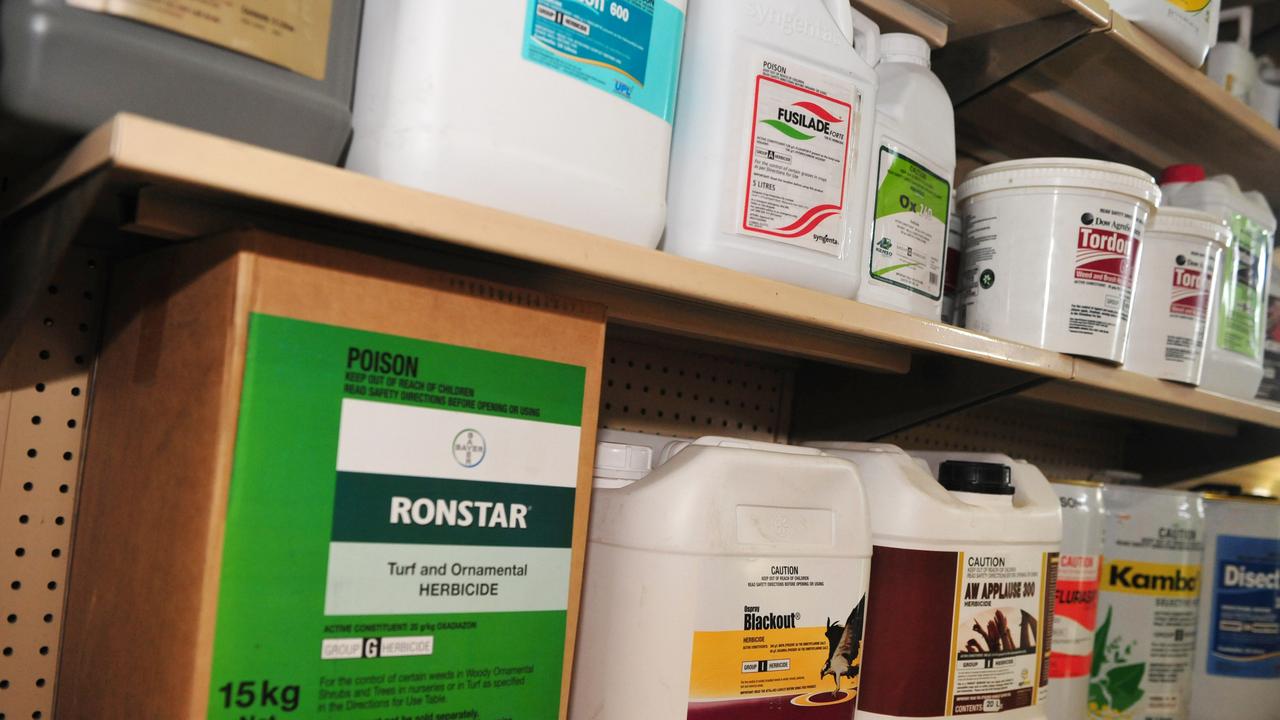‘Malahide’ worker collapsed the farm’s gates, with coroner unable to determine what killed him
A Tasmanian woman has been cleared of killing her husband, with a coroner finding it unlikely she poisoned his coffee a decade ago. The coroner says it’s impossible to know exactly how he died. Her findings>>

A Tasmanian woman has been cleared of killing her husband, with a coroner finding it unlikely she put poison in his coffee almost a decade ago.
On Tuesday, Coroner Olivia McTaggart handed down her findings into the mysterious 2015 death of Robert John Ryan, 35, saying she could not reach a conclusion as to how or why he died.
The senior stockman lived and worked on the farming property Malahide, at Fingal, with his job involving the use of farm chemicals.
Ms McTaggart said on the morning of January 7, 2015, Mr Ryan “experienced a sudden, severe and disabling medical episode” at Malahide.
He was found by his colleagues on the grass outside Malahide’s gates, having vomited and unable to speak coherently to explain to them what had happened.
Based on his symptoms, he was treated for chemical poisoning and then taken to Launceston General Hospital, where he died from multiorgan failure on January 9.
An investigation played out over many years, culminating in an inquest held in Launceston and Hobart during 2021 and 2022 that examined a number of medications and farm chemicals and whether they caused Mr Ryan’s death.
Ms McTaggart said doctors and experts believed Mr Ryan died due to poison ingestion, but there needed to have been much more forensic examination of the scene and testing of samples to fully understand “this very unusual case”.
She noted evidence the patch of grass where Mr Ryan had vomited later appeared “burnt” and dead.
Ms McTaggart said Tasmania Police and WorkSafe Tasmania investigators “should have been more thorough” – and that they did not conduct a full scene inspection or soil testing until years later.
Malahide’s assistant manager Allister Woods said after his colleague became sick, he found a drenching gun for Dectomax – a sheep and cattle drench to control worms and parasites that is toxic to humans – still having liquid in its applicator.
He said this was “really unusual” that the gun was on the floor with liquid in it.
Mr Woods also said Dectomax was the only blue chemical in the animal shed, and said Mr Ryan’s vomit had been “black bluey in colour”.
However, forensic pathologist Donald Ritchie formed the opinion that Mr Ryan’s multiorgan failure was due to serotonin toxicity caused by prescription medication for his bipolar disorder.
Ms McTaggart said numerous blood tests were undertaken, but they ran into difficulties for several reasons including that toxic chemicals may have been excreted during dialysis in hospital.
Ms McTaggart said seven years after his death, his diary was presented to the coroner – and that it contained some “concerning entries” made retrospectively by his wife.
She said when called to the witness box, Deborah Ryan made explanations that “lacked credibility”, including for a note she’d made stating “predicting tummy wog”.
“Mrs Ryan’s manner of answering questions at inquest was histrionic and her answers to questions appeared dramatic and deliberately constructed,” Ms McTaggart said.
The coroner also said Mrs Ryan’s claims her husband was able to speak lucidly to her after his poisoning had “an air of unreality about it”, and that her evidence about their relationship seemed “embellished and artificial”.
The coroner said Mrs Ryan might have had the opportunity of “placing a lethal substance in her husband’s coffee” just before he became ill at the gates of Malahide.
However, she said no lethal poison was detected in his blood and that a “high level of sophistication would be required” to execute such a plan.
Ms McTaggart said despite Mrs Ryan’s evidence being “bizarre and unsatisfactory”, it seemed she had genuine affection for her husband and “the inquest did not uncover a motive on the part of Mrs Ryan to kill her husband”.
“The strange evidence given by Mrs Ryan may be partly explicable in terms of her personality, ongoing grief and the stress of being in the witness box,” she said.
Ms McTaggart said she could make no findings about his cause of death – but couldn’t rule out suicide, the unlikely prospect of homicide, an insect bite, farm chemical poisoning or medication toxicity.
The heritage-listed Malahide was established in 1824 by the Talbot family, which long occupied the 12th century Malahide Castle in Fingal, Ireland.
More Coverage
Originally published as ‘Malahide’ worker collapsed the farm’s gates, with coroner unable to determine what killed him





